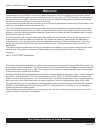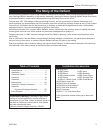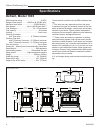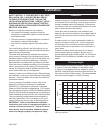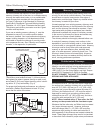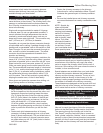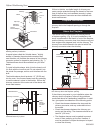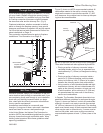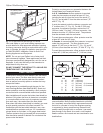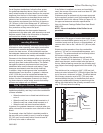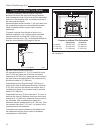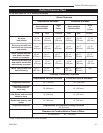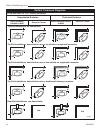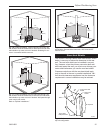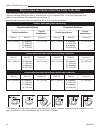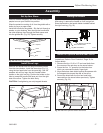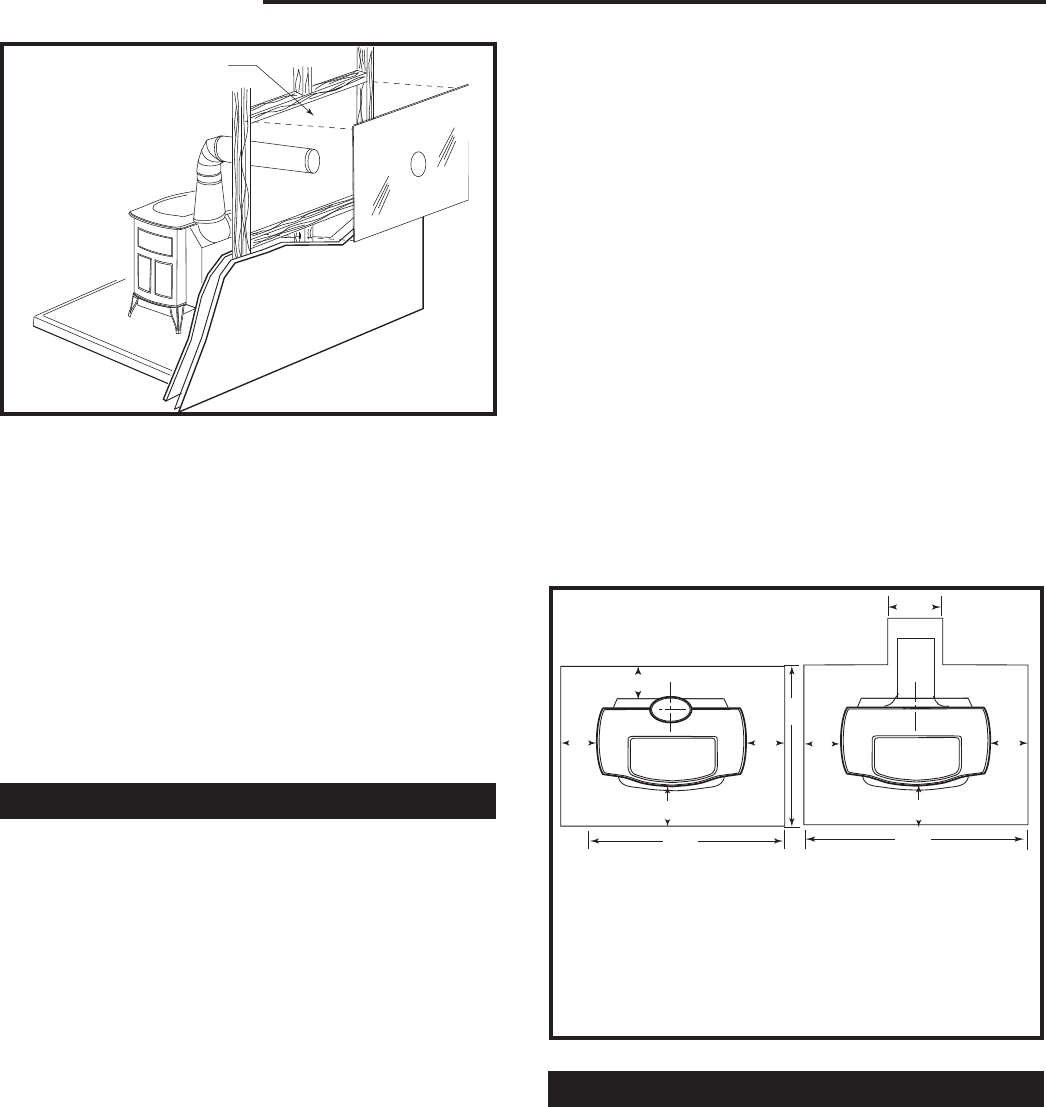
10
Defiant Woodburning Stove
30001693
D
E
F
I
A
N
T
ST494
steel
wall pass thru
11/00
18” (460mm) clear-
ance between pipe and
sides/top/bottom of
opening
ST494
Fig. 11 An approved wall pass-through for Canada.
D
E
A
B
A
E
C
ST500
Defiant
floor protection
1/31/02 djt
E
F
E
F
U.S. Canada
A. 42” 46” (1168 mm)
B. 43” 47” (1194 mm)
C. 12” 12” (305 mm) 8” Connector
10” 10” (254 mm) 6” Connector
D. 6” 8” (203 mm)
E. 6” 8” (203 mm)
F. 16” 18” (460 mm)
ST500
Fig. 12 Required floor protection dimensions.
Your local dealer or your local building inspector can
provide details for other approved methods of passing
a chimney connector through a combustible wall in your
area. In Canada, this type of installation must conform
to CAN/CSA-B365, Installation Code for Solid Fuel
Burning Appliances and Equipment.
NOTE: Do not vent your Defiant into a factory-built
(zero-clearance) fireplace. These appliances and their
chimneys are specifically designed as a unit for use as
fireplaces. It may void the listing or be hazardous to
adapt them for any other use.
DO NOT CONNECT THE DEFIANT TO ANY AIR DIS-
TRIBUTION DUCT OR SYSTEM.
Floor Protection
A tremendous amount of heat radiates from the bottom
plate of your stove. The floor area directly under and
around the stove will require protection from radiant
heat as well as from stray sparks or embers that may
escape the firebox.
Heat protection is provided through the use of a Ver-
mont Castings Bottom Heat Shield #1905. Spark and
ember protection must be provided by a floor protector
constructed with noncombustible material as specified.
Most installations will require the bottom heat shield be
attached. Only when the stove is placed on a complete-
ly noncombustible surface such as unpainted concrete
over earth may it be used without the heat shield.
Even when the bottom heat shield is installed, you must
provide special protection to the floor beneath. For
installations with the heat shield attached, use a non-
combustible floor protector such as 1/4” nonasbestos
mineral board or equivalent, or 24 gauge sheet metal.
The floor protector may be covered with a noncombus-
tible decorative material if desired. Do not obstruct the
space under the heater.
Protection requirements vary somewhat between the
Untied States and Canada as follows:
In U. S. installations the floor protector is required
under the stove and must extend at least 16” (not
including the ash lip) from the front of the stove (“F”,
Fig. 12), and at least 6” from the sides and rear. (“D”
and “E”, Fig. 12)
It must also extend under the chimney connector and
2” to either side. (“C”, Fig. 12) For the 8” (203 mm)
connector, the protector must be a minimum of 12”
(305 mm) wide. For the 6” (152 mm) connector, the
protector must be 10” (254 mm) wide. The protector
must be centered under the connector.
To meet these requirements, a floor protector must be
at least 42” wide and 43” deep.
In Canada: A noncombustible floor protector is required
under the stove as well. The floor protector must
extend 18” (457 mm) to the front (“F”, Fig. 12), and 8”
(203 mm) from the sides and rear. (“D” and “E”, Fig. 12)
To meet these requirements, a floor protector must be
at least 46” (1168 mm) wide and 47” (1194 mm) deep.
Floor Protection for Fireplace Installation
Do not assume that your fireplace hearth is completely
noncombustible. Many fireplace hearths do not satisfy
the “completely noncombustible’ requirement because
the brick or concrete in front of the fireplace opening
is supported by heavy wood framing. Because heat
passes readily through brick or concrete, it can easily
pass through to the wood. As a result, such fireplace
hearths can be a fire hazard and are considered a com-
bustible floor.



